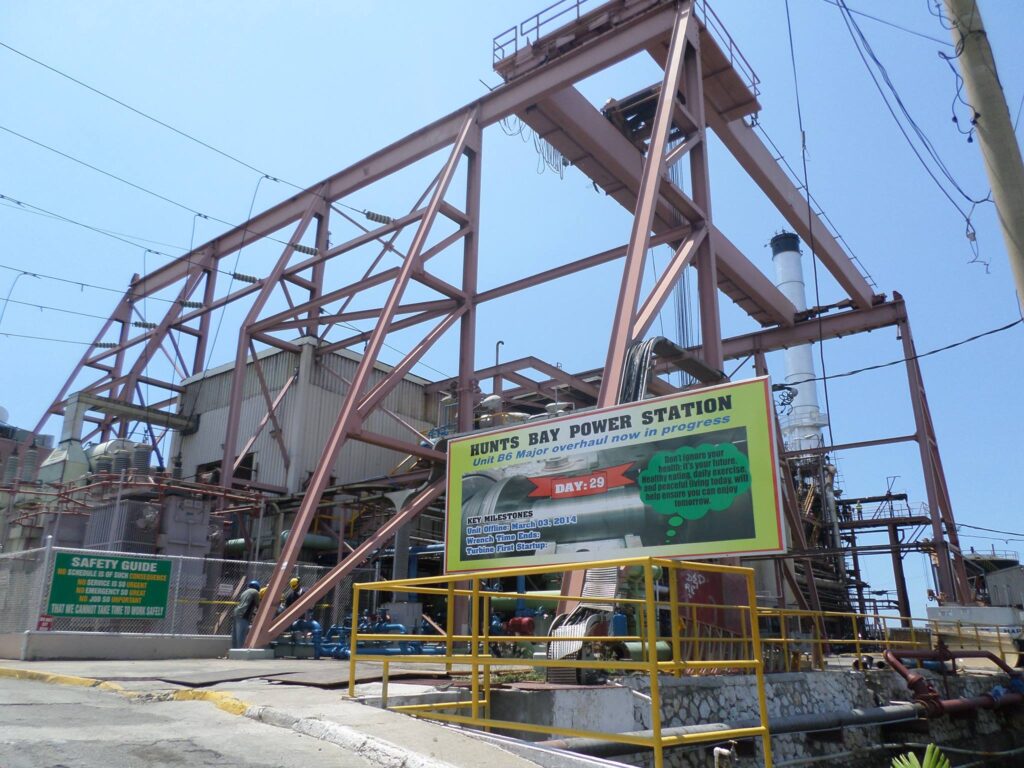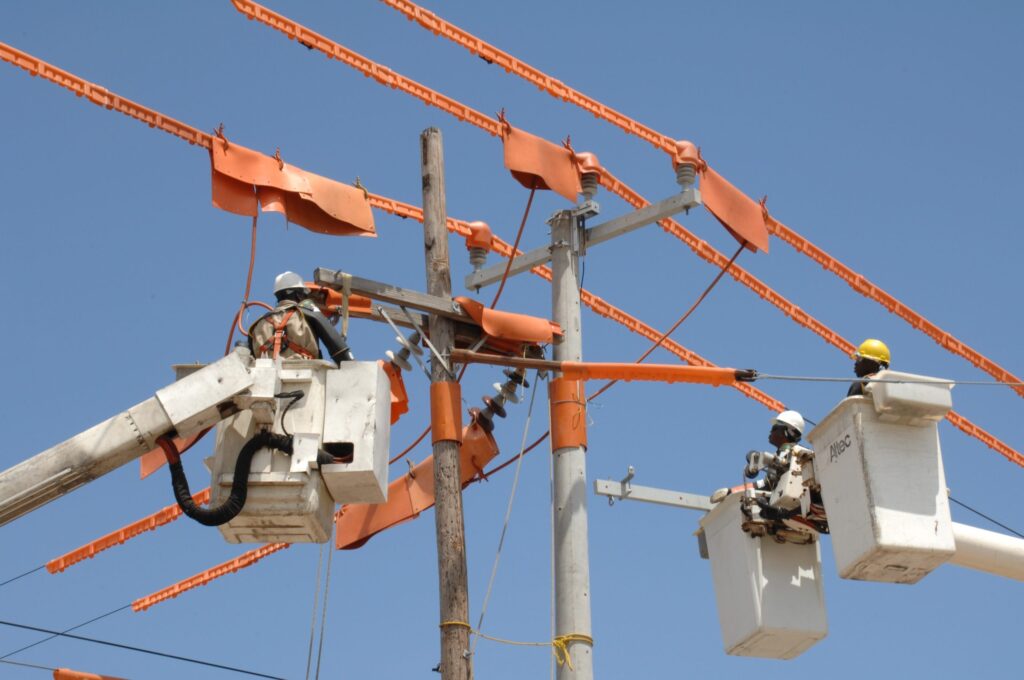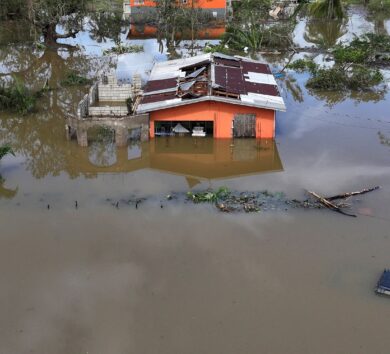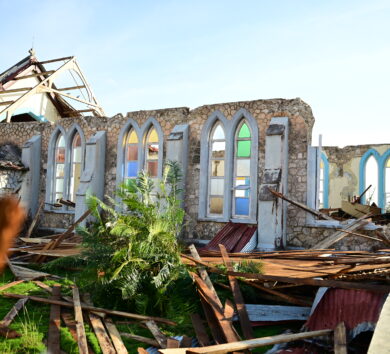

It is not hyperbole to say that energy is destiny. And for too long, Jamaica’s destiny has been dictated not by the people, nor by the imperatives of justice or resilience, but by monopolistic inertia.
The 2027 expiration of the Jamaica Public Service Company (JPSCo)’s all-island licence is no mere bureaucratic milestone—it is a generational pivot point.
Minister Daryl Vaz’s pronouncement that the Government of Jamaica (GOJ) will not renew the JPS licence “on its existing terms” signals a potential watershed moment. But Jamaica has been here before: rhetorical flourishes unaccompanied by regulatory courage or institutional innovation. If this moment is to matter, it must be seized not with timid tweaks but with structural transformation. And for guidance, Jamaica need not look to Silicon Valley or Davos, but to the resilient barangays and bold reformers of the Republic of the Philippines.

The Philippine electricity sector has undergone nothing short of a revolution in the past two decades—one that Jamaica would do well to study and emulate. In place of a vertically integrated, fossil-fuel-addicted monopoly, the Filipinos have built an unbundled, competitive, and increasingly decentralised energy system. They have done this not because it was easy, but because it was urgent—much as it is for us.
From Monopolistic Gridlock to a People’s Grid
Opposition Spokesman Phillip Paulwell’s recent parliamentary interventions—powerfully titled “Giving Power to the People”—are precisely the kind of visionary blueprint needed at this historical juncture. Drawing directly from the Filipino playbook, Paulwell has called for:
- The unbundling of electricity generation, transmission, distribution, and supply.
- The creation of a new national transmission operator, regulated as a public monopoly.
- Competitive licensing of multiple distributors and suppliers.
- Empowering local and community-based renewable energy generators.
This is more than bureaucratic tinkering. It is a structural pivot—one that abolishes JPS’s deeply anti-competitive right of first refusal and opens the doors to genuine, community-anchored competition. It is time Jamaica moved away from the single-buyer, single-seller model which locks innovation out and lets inefficiency thrive.

In the Philippines, such reforms led to a tenfold increase in renewable energy uptake in certain provinces and helped reduce rural energy poverty. Crucially, it also made billing more transparent, with Filipino consumers receiving electricity bills broken into 30+ clearly labelled line items. We, too, deserve that clarity.
End Energy Apartheid: Localise, Decentralise, Democratise
It is unjust that Jamaicans in remote areas or struggling urban communities must pay exorbitantly for poor service while electricity theft, technical losses, and monopoly privilege inflate everyone’s bills. In the Philippines, the Local Government Code supports barangay-level electrification projects. Some communities even co-own their microgrids.
Jamaica can and should replicate this model. Let each parish house a Parish Minigrid Authority (PMA)—quasi-autonomous, technically staffed, and community-accountable. Let these PMAs:
- Map local generation potential from sun, biomass, wind, and micro-hydro.
- License microgenerators and enable parish-level storage and distribution.
- Set socially conscious tariffs.
- Partner with local schools and trade workshops for system maintenance.
- Track demand and system losses transparently.
This is not utopia. This is the Philippine experience, properly contextualised for Jamaica’s rugged topography, rich diaspora, and culture of grassroots ingenuity.
Say No to SMRs: A Dangerous Diversion
In stark contrast to this people-first decentralisation, the recent flirtation with Small Modular Reactors (SMRs) by the GOJ is a technocratic indulgence. I say this as a physicist, not as a Luddite. SMRs are not only risky and expensive; they are a catastrophic mismatch for our geographic, climatic, and institutional realities.
Puerto Rico’s Bonus Reactor collapsed in less than two years. Cuba and the Dominican Republic host research reactors—none dared attempt commercial nuclear generation. Why should Jamaica, with our seismic vulnerability, weak disaster resilience, and limited technical cadre, gamble on a technology unproven even in the Global North? (By the way, Cuba’s big, brutalist Soviet-era abandoned power reactor premises is a tourist site to behold just directly north of Jamaica’s resort town of Ocho Rios)
Let us be plain: this is not about science; this is about billionaires seeking sweet returns in the guise of innovation. SMRs are a distraction from what we must do—decarbonise now, with technologies we understand and control.
Support Our Own: The Innovators of St. Elizabeth, Trench Town, and Port Maria
Decentralised energy also means democratised innovation. Across Jamaica, unsung inventors are building solar water pumps, biomass cookstoves, and wind-battery hybrids. Instead of smothering them with red tape or forcing them into the diaspora, let us:
- Fund a national R&D incubator for grassroots renewables.
- Simplify registration and certification for energy startups.
- Include local inventors in the policy process—not just consultants from abroad.
This is already happening in the Philippines through the Department of Energy’s Inclusive Innovation and Technology clusters. Our Scientific Research Council, HEART/NSTA, and UWI should form a similar triumvirate.
The 2027 Mandate: No Room for Cowardice
Condition 27 of the current JPS licence allows for renegotiation in the public interest. The GOJ must:
- Convene a bipartisan, multi-sectoral reform taskforce.
- Set targets: 75% renewables by 2035. No exclusivity clauses.
- Unbundle JPS operations by regulation or force majeure.
- Incentivise rooftop solar with true feed-in tariffs.
- Ban anti-competitive grid access practices.
Let us stop pretending that the World Bank or New Fortress Energy will design our future. Let us design it ourselves, in the spirit of Maroons, Marcus Garvey, Alexander Bustamante, Edward Seaga, and Norman Manley..
Conclusion: A Booming Amen—But Not Yet
I will not utter a full-throated “Amen” until:
- JPS’s stranglehold is broken.
- A fisherfolk cooperative in Manchioneal runs its own solar-powered ice plant.
- A UTech graduate sells an inverter to Cuba from her workshop in Portmore.
- A young farmer in St Elizabeth uses a community biodigester to power irrigation on her 24 acres.
Then I will say it, and shout it: Amen.
Until then, the burden remains on us to think bravely, legislate boldly, and act justly.
Dennis A. Minott, PhD, is a research physicist and green resources specialist. He is CEO of A-QuEST-FAIR and a grateful student of Filipino electrification reform.







Comments